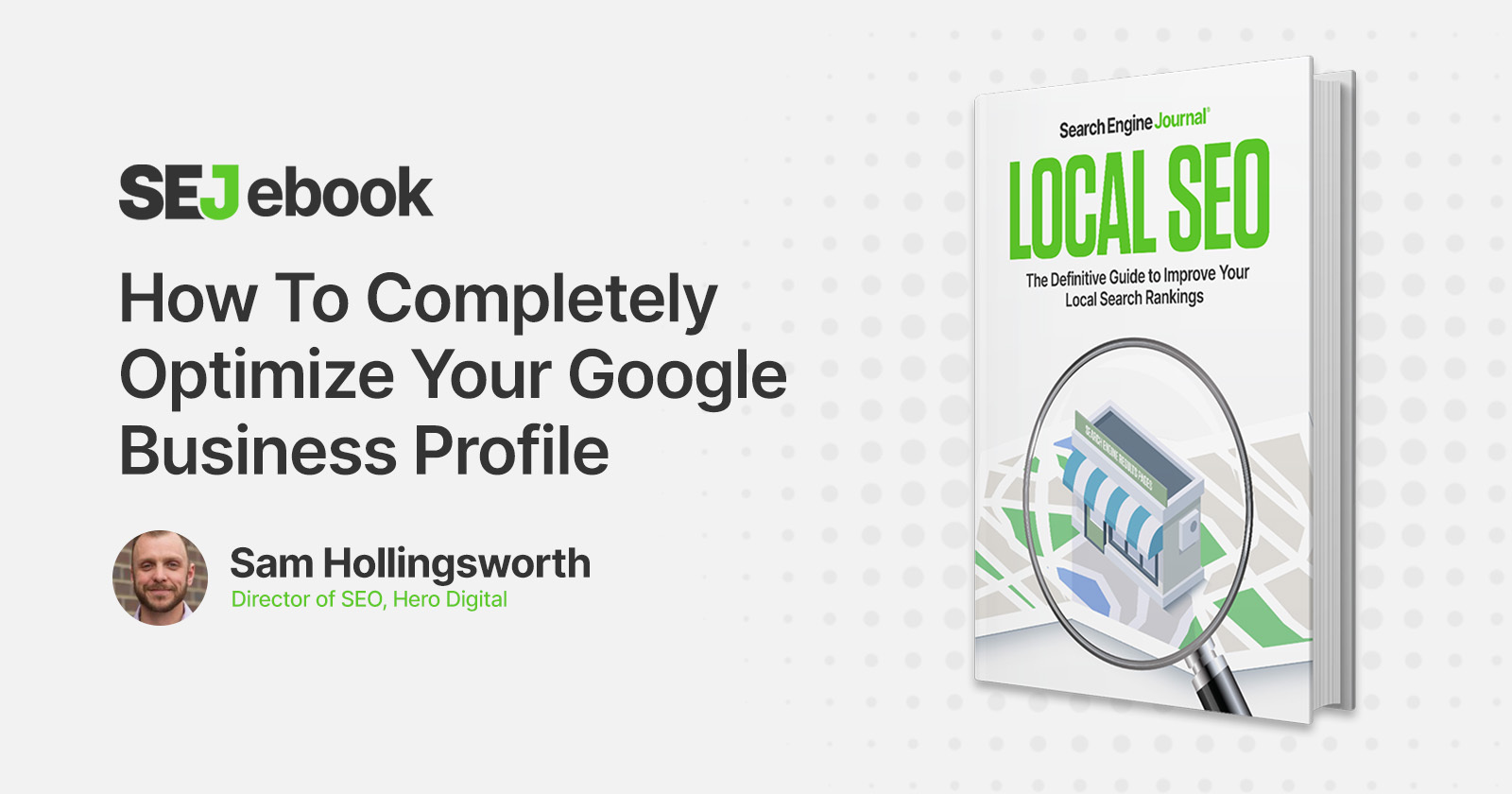
Understanding Insurance Obligations for Boat Financing
Navigating Boat Financing and Insurance
Table of Contents
ToggleWhen embarking on the journey of boat ownership through financing, understanding the accompanying insurance obligations is paramount. From legal requirements to financial protection, let’s delve into the essential aspects of insurance obligations for boat financing.
Legal Requirements for Boat Insurance
In many regions, boat owners are legally required to have insurance coverage for their vessels, especially if they are financed through a loan or lease. This requirement is often mandated by maritime laws and regulations to ensure safety on the water and mitigate financial risks for all parties involved.
Types of Boat Insurance Coverage
Boat insurance typically includes various types of coverage to address different risks and liabilities. These may include hull coverage to protect against physical damage to the boat, liability coverage for third-party injuries or property damage, and medical payments coverage for injuries sustained by passengers.
Lender Requirements and Compliance
When financing a boat, lenders often have specific insurance requirements that borrowers must meet. These requirements may include minimum coverage limits, deductibles, and proof of insurance before finalizing the loan agreement. Failure to comply with lender insurance requirements can lead to complications and potential default on the loan.
Comprehensive Coverage for Comprehensive Protection
While basic insurance coverage may fulfill legal and lender requirements, boat owners often opt for comprehensive coverage for added protection. Comprehensive coverage typically includes additional benefits such as coverage for theft, vandalism, fire, storm damage, and towing expenses.
Understanding Deductibles and Policy Limits
When selecting boat insurance, it’s essential to understand deductibles and policy limits. Deductibles are the amount you must pay out of pocket before your insurance coverage kicks in, while policy limits determine the maximum amount your insurer will pay for covered claims. Choosing appropriate deductibles and limits is crucial for balancing coverage and cost.
Additional Coverage Options
In addition to standard coverage, boat owners may consider additional coverage options based on their needs and preferences. These may include uninsured boater coverage, which protects against damages caused by uninsured or underinsured boaters, and personal property coverage for belongings on board.
Regular Policy Reviews and Updates
Boat owners should conduct regular reviews of their insurance policies to ensure they have adequate coverage. Changes in boat usage, value, or storage location may warrant updates to insurance coverage to reflect current needs and risks accurately.
Importance of Timely Premium Payments
Maintaining timely premium payments is essential to keep boat insurance coverage active. Missing premium payments can result in policy cancellations, leaving the boat owner without insurance protection and exposing them to financial risks in case of accidents or damages.
Consultation with Insurance Professionals
For boat owners navigating insurance obligations for financing, consulting with insurance professionals is highly recommended. Insurance agents specializing in marine insurance can provide guidance, assess coverage needs, and help boat owners select appropriate insurance policies tailored to their specific vessels and usage.
Conclusion
Understanding insurance obligations for boat financing is essential for ensuring legal compliance, protecting financial investments, and mitigating risks on the water. By comprehensively assessing insurance needs, complying with legal and lender requirements, and maintaining proactive insurance management, boat owners can navigate the waters of boat ownership with confidence and peace of mind. Read more about if you finance a boat do you need insurance


